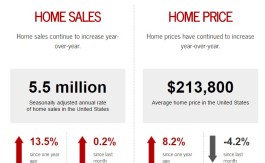What Contingency Should Your Home Purchase Offer Have?
By:
http://www.realtor.com/advice/contingency-agreement/
You’re looking for homes and find one that really piques your interest, except it has a “contingent offer” status. As you keep browsing, you notice a lot of properties do. What’s a contingent offer? Should your offer have one?
A contingent offer is pretty standard. It means an offer on a home has been made and the seller has accepted it, but the finalized sale is contingent upon certain criteria that have to be met. These criteria, or contingencies, typically fall under three major categories: appraisal, home inspection and mortgage approval.
These contingencies are mainly put in place for the buyer to back out of a sale if something goes wrong, usually without losing their deposit. A seller might entertain other offers, but won’t deal with another buyer until the contingent offer is finished in one way or another.
Home Inspection Contingency
A home inspection contingency could well be the most important one. It gives the buyer the right to have the home professionally inspected. If something is wrong, the buyer can request it be fixed or they can back out of the sale. It’s rarely advisable to waive an inspection contingency.
“Never in my life have I seen a home inspection waived,” said Bishoi Nageh, vice president of branch operations for The Petra Cephas Team at Mortgage Network Solutions.
If something is wrong with a house, a good inspection will find it. Nageh recalled an instance of a buyer who asked the seller to fix up some windows, then found mold had been growing under the framework. Once you know the problems, you can talk with the seller about what they need to fix before you buy the home.
Appraisal Contingency
With this contingency, a third party hired by the lender evaluates the fair-market value of the home. In the instance the appraised value is less than the sale price, the appraisal contingency lets you back out of the deal.
“It’s in no one’s best interest to overpay,” Nageh said. “If the home comes in under the [asking] amount, you have the right to back out.”
In hot markets, eager buyers might feel pressured to waive it, but they could end up paying more. However, the lender will only put up a certain amount of money for the appraised cost—not the asking price—and the buyer will have to cover the rest.
For example, let’s say you have a loan that covers 90% and you need to put 10% down for a home selling for $500,000. If the house is appraised at $475,000, the lender is only going to cover 90 percent of that appraised value, or $427,500. And instead of a $50,000 down payment, you would be expected to put down $72,500 to cover the difference. Waiving this contingency can be a gamble.
Mortgage Contingency
You don’t want to sign a property sale without having the money to back it up. A mortgage contingency protects the buyer and seller from getting into a sale without a proper loan. Under this contingency, the buyer has a specified time period to obtain a loan that will cover the mortgage. If the buyer can’t get a lender to commit to a loan, the buyer has the right to walk away from the sale with the down payment.
To expedite the process, “know if you qualify sooner than later,” Nageh said. That way, you won’t be wasting the seller’s time or yours during the loan-hunting period, which could take a couple of months.
Like an appraisal contingency, eager buyers and sellers in hot markets might want to waive this contingency, especially if cash is on the table. But waiving this contingency means that if your lender delays or denies your loan, you can lose the deposit, so it’s a risky venture.
READ MORE HERE:







